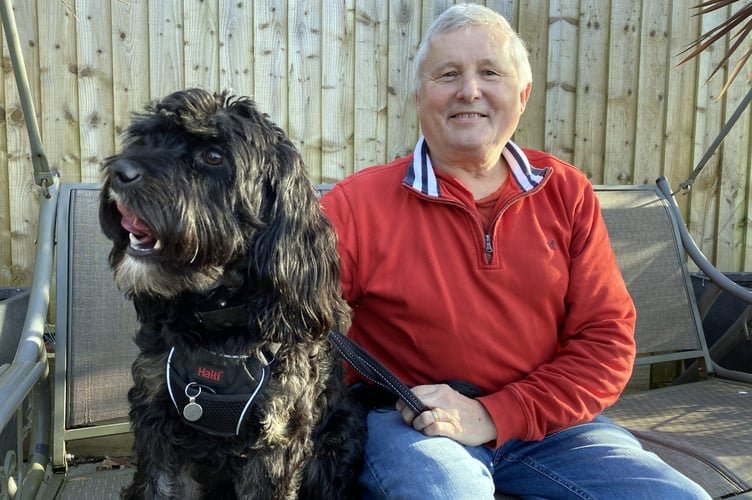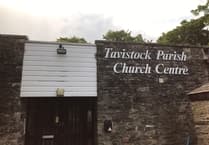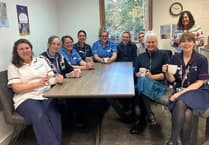A FORMER scientist and computer professional is offering free computer support for older and disabled people in the Tavistock area.
Graham Foster, of Tavistock, has just become the area volunteer for a countrywide organisation called AbilityNet, which gives technology advice in residents’ own homes.
Graham will receive referrals from a national central enquiries phone centre to help clients in West Devon.
His first client is a woman in Okehampton who switched broadband provider, only to find she was left with several devices unconnected to WiFi.
She asked her new provider for help after the installer left her without any advice and washed its hands of her, he said.
Graham, who has hearing difficulties, says he has empathy with those with disabilities which make access to the benefits of the internet and other aspects difficult.
He said: “I’m open to training and learning how to widen access to those who have physical and other problems with using technology to make their lives easier.
"It is precisely these people who can get the most benefit from technology which enables them to work or operate from home. I know some of the tools which people with certain challenges have that can make the most of new technology. However, I’m only just starting out, so there’s a lot to learn, for instance, to support users with dementia or Parkinson’s.”
Graham retired 18 months ago having moved from radioactive chemical research into computers, covering software engineering, system support, helpdesk management and project and system management, technical support and technical authoring.
He has worked for US companies in the UK and including for companies ranging from 1,500 to 65,000 employees.
He moved to Tavistock from Stevenage in Hertfordshire to retire with his wife Jacqui (a former teacher) and looked for some volunteer roles.
He joined Tavistock Lions and was soon in demand helping members with problems with technology. One woman, for example, was given a digital tablet by her daughter to keep in touch, but did not know how to see it.
Graham learned from supporting his dad for 30 years with his technology, that less can be more when it comes to helping people and that there remains a high degree of resistance to embracing technology: “I have learned that helping people is a balance between giving them too much information, often in a tech language they don’t understand, and not giving enough. I have also worked on supporting colleagues and other users, so I’m aware that resistance to using new technology as it advances.
"This resistance is partly down to the way we so-called experts approach the way we give advice. It has to be at the right level. I have also acted as an intermediary between scientists and the software developers with fast turnaround of scientists’ needs as science develops rapidly. So, I am also very flexible and can adapt fast.
"Many of the things I’ll be asked to do will be helping people with simple things, like helping people Skype their granddaughter. So, I can reach all levels and enjoy making a big difference to people’s lives in small ways.”
Founded in 1998. AbilityNet sprang from IBM initially, supported by Microsoft in Reading.
The organisation has a commercial arm designing and testing websites to see if they are accessible to people with disabilities.
Along with financial support from Microsoft and IBM, this pays AbilityNet to provide free support for older people and people with disabilities nationwide in using their mobile phone, laptop, desktop or tablet!
AbilityNet can also provide remote support if the person they are helping is able and willing to install some software on their device.
This support can be accessed through the helpline on 0300 180 0028 or by email to [email protected]





Comments
This article has no comments yet. Be the first to leave a comment.